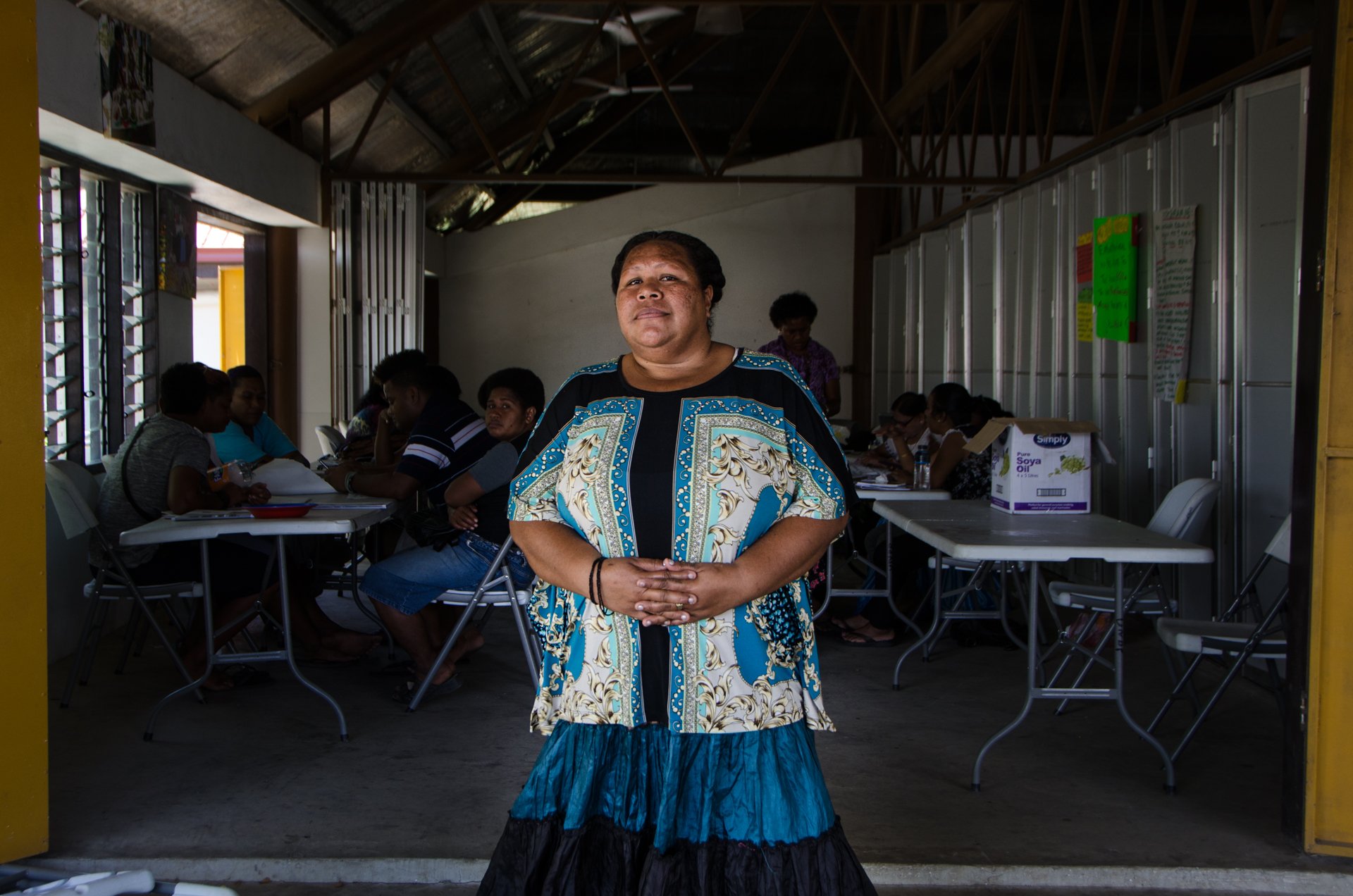There’s no such thing as a natural disaster.
That’s the frequent reminder from preparedness advocates, who warn that while hazards like earthquakes and tropical storms may be inevitable, the death and destruction they often bring don’t have to be. Policymakers, planners, and everyday people make choices that either escalate or shrink disaster risk – from choosing where to build residential neighbourhoods, to funding early warning systems and other preparedness measures.
This message is in the spotlight for the International Day for Disaster Risk Reduction on 13 October. This year, disasters big and small have caused often-catastrophic damage across the globe and triggered billions in humanitarian response and recovery costs. Hurricane Dorian displaced much of the population on the Bahamas’ northern islands; Cyclone Idai caused “horrifying” damage in Mozambique, Zimbabwe, and elsewhere.
Yet the scale of the destruction wasn’t inevitable. On the Bahamas’ Abaco islands, the hardest-hit communities were highly exposed shanty towns home to Haitian migrants – some of whom had fled the 2010 earthquake in their home country. In Zimbabwe, affected communities said evacuation alerts were missing before Idai struck; and in Mozambique, deforestation may have magnified the storm’s impacts.
But far less is spent on reducing risk than responding to or recovering from disasters. According to estimates from the UN Office for Disaster Risk Reduction, $5.2 billion in aid funding went to preparedness or prevention between 2005 and 2017 – just 3.8 percent of what was spent on response and reconstruction.
For more on this topic, here’s a roundup of some of our reporting on disaster risk reduction issues in humanitarian crises:

In India, mass cyclone evacuations saved lives but not livelihoods
The quick evacuation of more than one million people saved countless lives during Cyclone Fani. But a relatively low death toll hides extensive damage to infrastructure and livelihoods in India’s Odisha State.

Why landslides in Bangladesh’s former conflict zone are becoming deadlier
Are traditional ways of adapting to landslide risks being forgotten? Exploring indigenous knowledge and the new threats facing communities in Bangladesh’s former conflict zone.

As displacement runs to years, northern Iraq camps need an overhaul
Uprooted by war, then by disaster: Thousands of Iraqis displaced years ago by the fight against so-called Islamic State are still living in flood-prone camps that weren’t built to house them.

How Malawi saved lives in Cyclone Idai
Lessons from previous floods helped aid groups act quickly to prepare for and respond to Cyclone Idai. So did listening to locals.

Fiji’s unheralded frontline disaster responders: women
Tired of being “kept in the dark”, these women are preparing themselves – and their communities – for disasters.

Opinion: Freetown’s mudslides and the slippery slope of urban risk in Africa
More than 1,000 people died when mudslides struck Sierra Leone’s capital. What can be done to reduce risk in Freetown and other urbanising African centres?
(TOP PHOTO: A man walks along an inundated street in the Wimbi neighbourhood of Pemba, Mozambique, after Cyclone Kenneth.)




